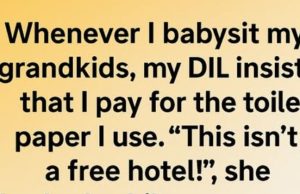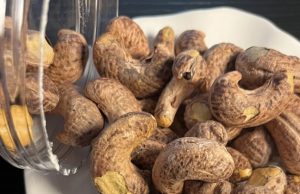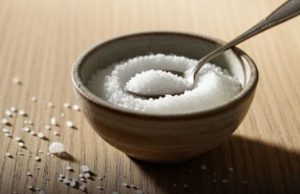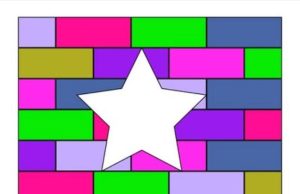
Sudden, sharp chest pain can be alarming—but in many cases, it’s not linked to a heart attack or any serious condition. For younger people in particular, one of the most common causes is a harmless condition called Precordial Catch Syndrome (PCS). Still, it’s important to consider other possible reasons for this type of discomfort.
Precordial Catch Syndrome (PCS)
What Is It?
PCS is characterized by a sudden, intense stabbing pain, typically felt on the left side of the chest, often just below the left nipple. Despite its alarming sensation, it’s not heart-related and is medically harmless.
Who Is Affected?
Most commonly seen in children, teens, and sometimes adults
Often occurs during growth spurts or with poor posture
Symptoms:
- Sharp, pinpointed pain (often compared to a pinprick or knife)
- Typically occurs while sitting or resting
- Gets worse with deep breaths
- Usually lasts only seconds to a few minutes
- No accompanying symptoms like nausea, sweating, or dizziness
- Does not radiate to other areas like the arm or jaw

Causes:
- Believed to result from a pinched or irritated nerve in the chest wall
- Poor posture or slouching may compress nerves and trigger the pain
- Often appears during times of stress or anxiety
Treatment:
- No medical treatment is needed
- The pain usually subsides on its own
- Sitting or standing upright can help relieve the pressure
- Gentle breathing may ease the discomfort
Other Potential Causes of Sharp Chest Pain
Though PCS is quite common, other issues could also be behind similar sensations:
Muscle Strain
Caused by overexertion, awkward sleeping positions, or lifting heavy objects
Pain worsens with movement or when pressing the sore area
Though sharp, the pain is muscular rather than internal
Costochondritis
Involves inflammation of the cartilage that links the ribs to the breastbone
Pain is sharp and tender, especially when breathing deeply or touching the chest

Pleurisy
An inflammation of the pleura, the lining around the lungs
Pain increases with deep breaths or coughing
May occur with respiratory infections like pneumonia
Gas or Acid Reflux
Digestive issues like trapped gas or GERD can mimic chest pain
Accompanied by bloating, burping, or a burning feeling in the chest
Anxiety or Panic Attacks
Stress and anxiety can cause chest discomfort due to rapid breathing and muscle tension
Pain may feel stabbing or tight and is often paired with a fast heartbeat, sweating, or dizziness
When to Seek Medical Attention
Most stabbing chest pains aren’t dangerous, but you should see a doctor immediately if you experience:
- Pain lasting longer than 10 minutes
- Pain that spreads to your jaw, arms, neck, or back
- Difficulty breathing
- Nausea, dizziness, or excessive sweating
- A personal or family history of heart disease

Conclusion
Sudden sharp chest pain isn’t always a cause for alarm, especially if it’s due to something benign like Precordial Catch Syndrome. Still, staying aware of your symptoms and knowing when to seek help is key. When in doubt, it’s always better to get checked out.
Pharmacist reveals two w:arning signs of silent k𝓲llєr that you might spot in your feet
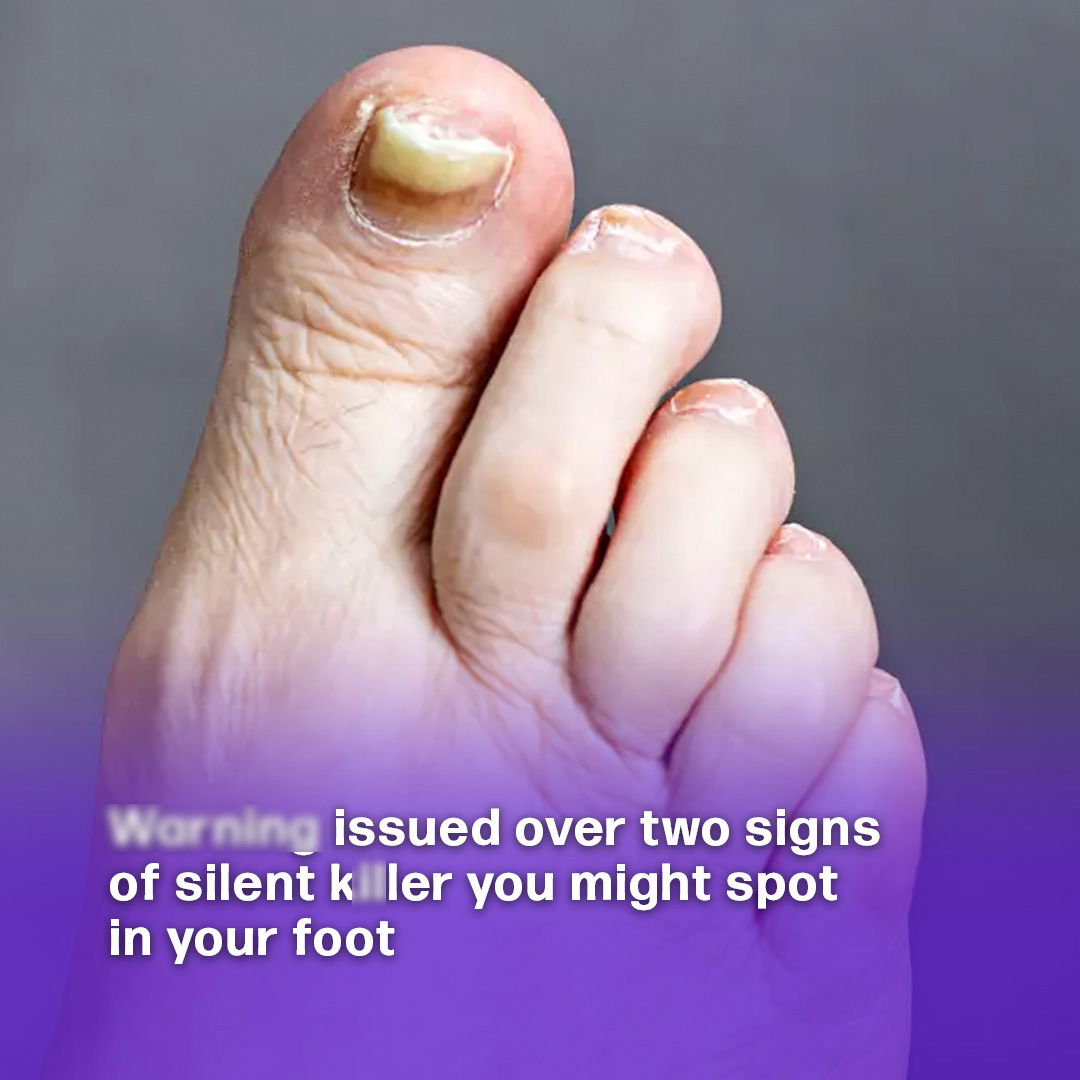
We all know the significance of diet and exercise for good health, but did you know that your feet could be telling you something about your health?
It turns out that our feet can hold a few warning signs about a serious condition, as per a pharmacist.
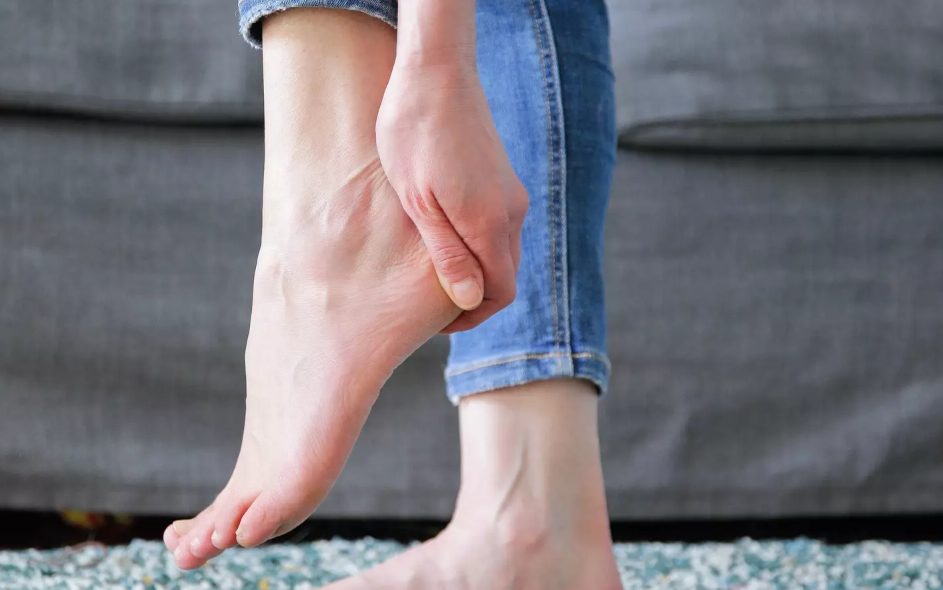
When was the last time you had a proper look at your trotters?
Noel Wicks, a pharmacist and advisor to Excilor, has shared the importance of getting up close and personal with the much-maligned body part.
So, what should we look out for?
He told the Express about how the feet could w:ar:n you about two serious conditions, but your socks and shoes could be hiding important information.
He shared: “We need to keep an eye on our foot health, including our toenails, because it can impact on our overall health and be a sign of [serious] health issues.”
As the blood vessels that supply the toes are small, it’s easy for them to get clogged up.
This can lead to cold, painful, swollen, or even numb feet.

As per Noel, this can be a w:ar:ning sign of heart disease which shouldn’t be ignored.
It’s not just your skin to be aware of, but also your toenails.
We know, try not to cringe.
“Thickening and brittleness of toenails may also occur with heart disease.”, he said.
What is peripheral arterial disease?
According to The NHS, peripheral arterial disease (PAD), also known as peripheral vascular disease, is what happens when fatty deposits in the arteries restrict blood supply to your leg muscles.
The NHS site says: “Many people with PAD have no symptoms. However, some develop a painful ache in their legs when they walk, which usually disappears after a few minutes’ rest. The medical term for this is ‘intermittent claudication’.
“The pain can range from mild to severe, and usually goes away after a few minutes when you rest your legs. Both legs are often affected at the same time, although the pain may be worse in one leg.”
Other symptoms to be mindful of are tingling, burning, dry skin, pain, cracked skin, and blisters or sores that don’t heal.

Also, you need to be aware of fungal infections and athlete’s foot, as they can also point towards something serious.
Sorry if you’re eating – but make sure to keep an eye out for thick yellow nails too.
They can all point to heart issues, or diabetes.
What other symptoms should you look out for?
Other symptoms you should be aware are chest pains, heart palpitations or shortness of breath.
For diabetes, you might feel tired all of the time, have unexplained weight loss, or feel particularly sleepy after eating your meals.
It’s high time you should put embarrassment to one side and get used to properly checking your feet.





